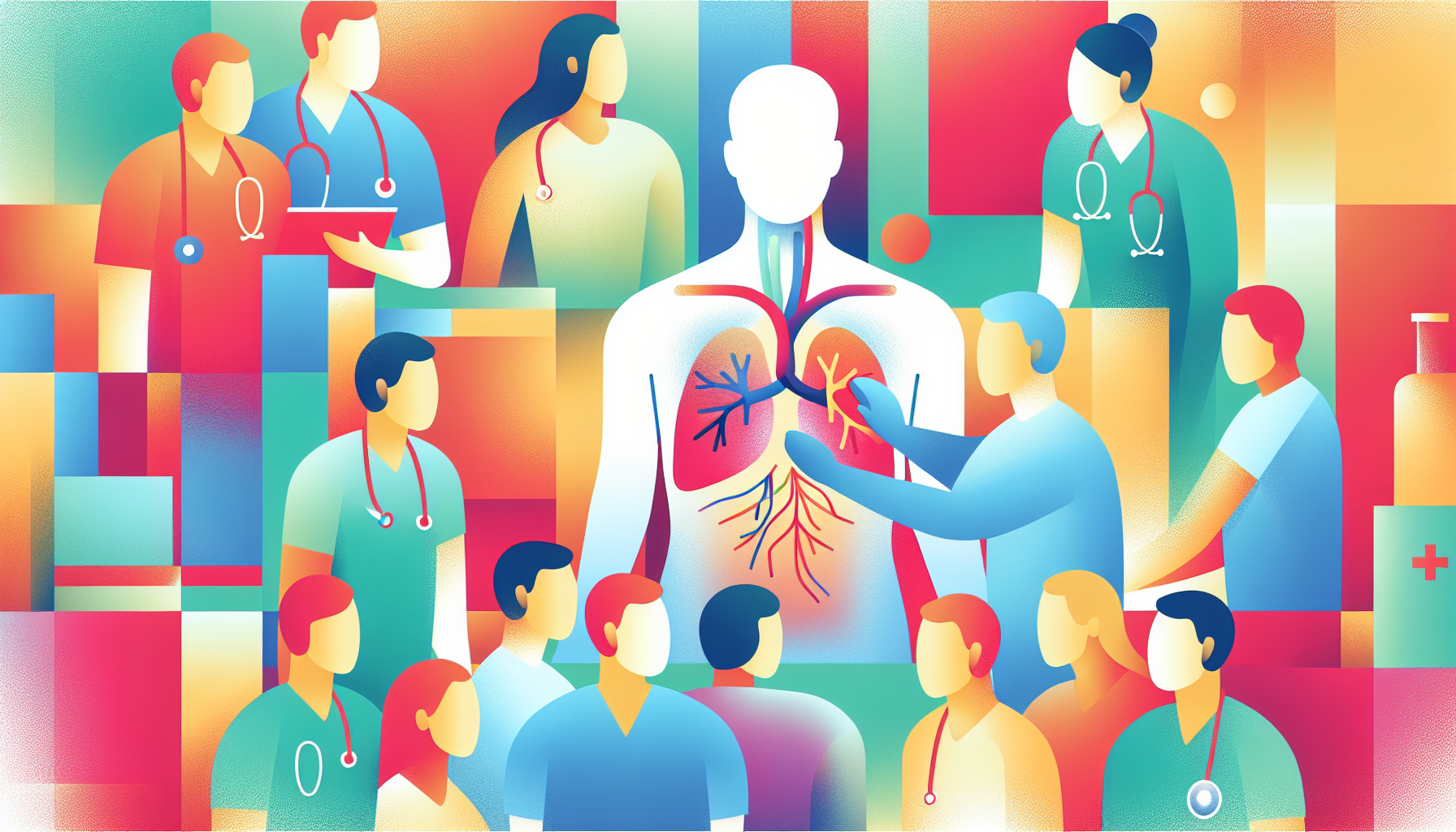If your heart stops beating and you stop breathing, the first step in emergency care is cardiopulmonary resuscitation (CPR). CPR combines chest compressions, artificial respiration, and defibrillation to shock the heart back into a steady rhythm. However, sometimes basic CPR isn't enough to restart your heart and keep it working properly. In these cases, doctors turn to advanced cardiac life support.
What Is Advanced Cardiac Life Support?
Advanced cardiac life support involves a series of medical interventions that go beyond basic CPR. These may include:
Intubation: A tube is inserted through the nose, mouth, or throat into the trachea to help you breathe.
Ventilator or respirator: A breathing machine that pushes air into and out of your lungs when they can't deliver enough oxygen on their own.
Intravenous medications: Drugs given through an IV to raise or lower blood pressure, control heart rate, or improve kidney function.
Blood tests: Samples drawn to check how well your lungs, kidneys, and liver are working, look for infections, and ensure your blood minerals are balanced.
Urinary catheter: A tube placed in your bladder to drain urine.
Dialysis: A treatment to filter your blood if your kidneys aren't working properly.
Imaging scans and other tests: Procedures to diagnose your condition and guide treatment.
Surgery: An operation to treat the underlying cause of your cardiac arrest, if necessary.
In the United States, this level of intensive care is considered standard treatment, not "heroic measures."
Discussing Your Preferences with Your Doctor
If you want anything less than the full range of advanced cardiac life support, you need to be explicit about your wishes. The best way to ensure your preferences are respected is to have a conversation with your doctor. Ask questions like:
The best way to ensure your preferences are respected is to have a conversation with your doctor. Ask questions like:
What would happen to me if my heart stopped, given my current medical situation?
Would I likely survive if my heart stopped?
If I did survive, what would my quality of life be like?
Based on your doctor's answers and your personal values, you can make an informed decision about the level of care you want to receive. Be sure to document your wishes in an advance directive and share them with your loved ones.
Remember, there's a significant difference in perspective between medical professionals and the general public when it comes to advanced cardiac life support. What may seem like "heroic measures" to you is considered standard care by doctors. Open communication with your healthcare team is key to ensuring your wishes are understood and respected.
For more information on advanced cardiac life support and end-of-life care, consult these trusted resources:
The Bottom Line
ACLS represents intensive medical interventions that become standard emergency care when basic CPR fails, but survival and quality of life outcomes depend heavily on underlying health conditions. Having honest conversations about your code status and documenting preferences in advance directives ensures medical teams respect your wishes during critical moments. If you have questions about cardiac emergency planning or advance directives, Doctronic can provide personalized guidance.



